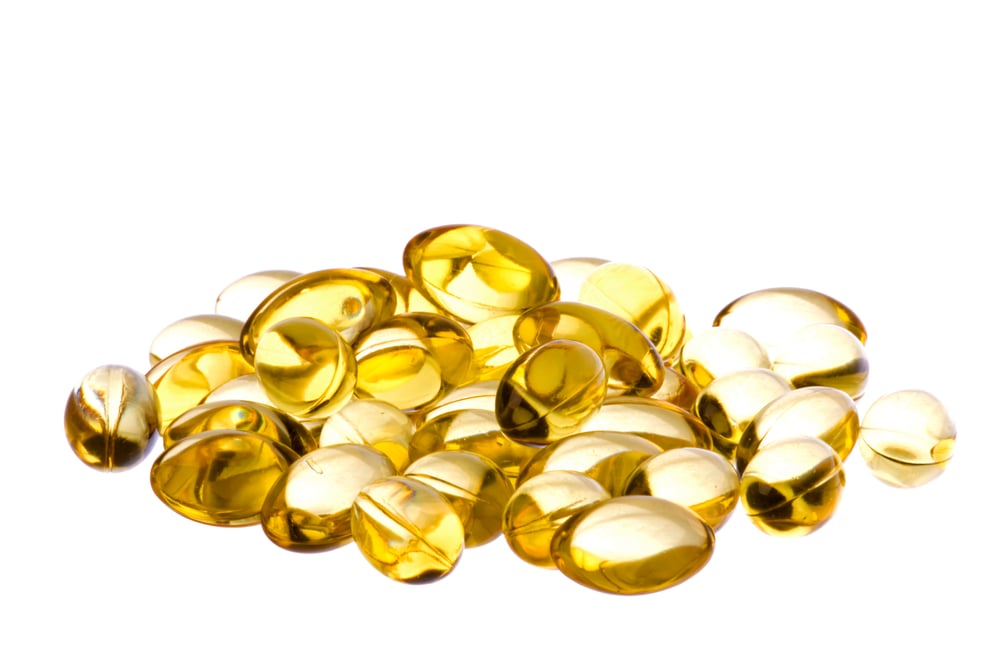
Issue 073
March 2011
To perform optimally you need to recover from arduous sessions –
and quickly, so you’re ready for the next one
Interval training, sparring, long runs, pad work and resistance training are just part of a typical fighter’s regime. With this intensity, frequency and type of exercise the body takes a beating in more ways than one. Recovering from it all is multifaceted: it can mean replenishing fuel levels, repairing damaged muscles, reducing inflammation and stress hormone levels or even recovering psychologically. Once training finishes, your focus should switch to recovery.
Refueling
Training depletes energy levels. Consistent, intense training, as is typical for a fighter, can deplete energy levels even further. The aim is to fill the muscles back up with fuel as quickly as possible – this is even more important when you’re training a lot. If training was particularly strenuous, research suggests that carbohydrate intake in the 24 hours post-exercise is critical for recovery. Aim to consume a gram of carbohydrate per kilogram of bodyweight, as soon as possible after training. Follow this up with a high carbohydrate meal 90–120 minutes later. So if you’re 75kg then have around 75g of carbohydrate after training and a similar amount from whole food later.
Muscle Damage
Intense training can damage muscles; this isn’t confined to resistance sessions. The body needs protein to help repair its muscles. Research suggests that essential amino acids (including the ‘branched chain’ variety) are important at this time. Take the carbohydrate ratio above, and have a third as much protein too, post-training. Again, follow this up with a whole-food meal an hour and a half to two hours later. This can help to reduce markers of muscle damage such as creatine kinase and myoglobin. L-Carnitine, commonly used for fat loss, has interesting recent research that shows a reduction in markers of muscle damage after ingestion; a relevant dose would be 1–2g post-training. Sport supplement HMB has been shown also to reduce catabolism (muscle breakdown) – particularly in non-trained subjects, so this may be especially relevant if you’re coming back from injury. Tart cherry juice has been shown to improve recovery and also relieve pain; this may be beneficial when there are only small gaps between training sessions.
Inflammation and Stress Hormones
Depending on the training session, the body can be in a state of catabolism post-training. Appropriate nutrition can help to reduce hormones such as cortisol that are responsible for muscle breakdown. Consuming carbohydrate and protein alongside antioxidants may have a beneficial effect. Essential fat, particularly omega-3, has been shown to
reduce markers of inflammation.
Psychological Recovery
While nutrition may not have a direct benefit on psychological recovery, a fighter that has high stress levels and markers of muscle breakdown could be more likely to experience psychological discomfort – nutrition can help to improve this.
Role of Sports Nutrition In Recovery
Sports nutrition provides a high-quality, convenient source of nutrients when whole food may not be available.
Some advantages of sports nutrition during the recovery phase include:
Carbohydrate
Rapidly digested forms of carbohydrate, such as dextrose, to refuel the muscles
Protein
Whey protein, which is a rapidly digested form of protein, is ideal for post-training to start the muscle repair process
Convenience
It’s very easy to mix up a shake post-training. Whole food, typically, takes longer to prepare
Appetite
After an intense session many fighters may not be hungry – but still need to recover. Sports nutrition provides a convenient solution if this is the case
Performance nutrients
Sports nutrition can provide appropriate quantities of performance nutrients mentioned above, such as L-Carnitine and HMB
...










